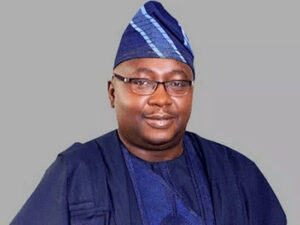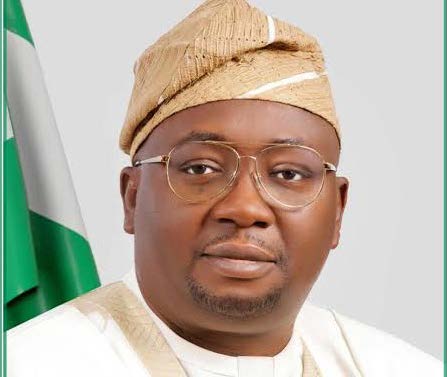Nigeria’s electricity grid is set for a significant upgrade with an additional 150 megawatts (MW) of capacity expected by the end of 2024.
Minister of Power, Adebayo Adelabu, disclosed this development on Wednesday following a meeting between President Bola Tinubu and German President Frank-Walter Steinmeier at the Presidential Villa in Abuja.
The increase in capacity stems from the near-completion of the pilot phase of the Siemens-led Presidential Power Initiative (PPI).
Adelabu revealed that 80% of the pilot stage has been completed, which involves the importation, installation, and commissioning of 10 power transformers and 10 mobile substations.

“These efforts have already added 750 megawatts to our grid capacity,” said Adelabu. “An additional 150 megawatts will be realized upon the full completion of the pilot phase by year-end.”
Adelabu acknowledged Nigeria’s aging power infrastructure and underscored the necessity of the Siemens project to ensure long-term grid stability.
The next phase of the initiative focuses on rehabilitating 14 existing substations and constructing 23 new substations across the country.
The minister further explained, “We are transitioning to Phase One of the project, with the first batch already finalized in terms of commercial agreements.” Approval from the Bureau of Public Procurement is imminent, and the Federal Executive Council (FEC) is expected to finalize the financing arrangements soon.
“When Phase One is complete, Nigeria’s power grid will not remain the same,” Adelabu said, emphasizing the project’s potential to transform grid stability and efficiency nationwide.
In addition to grid enhancements, Nigeria is intensifying its collaboration with Germany to expand renewable energy sources.
Adelabu highlighted Nigeria’s vast potential in solar, wind, and hydropower, noting that over 30 states enjoy at least 10 hours of daily sunshine and the northern desert and southern coastal areas offer significant wind energy potential.
The minister also pointed to the underutilization of Nigeria’s 300 dams for hydropower, advocating for new infrastructure developments to unlock this resource.
Adelabu emphasized the importance of off-grid systems to ensure energy access in rural and underserved communities.
He announced plans for embedded generation plants in all 36 states and the Federal Capital Territory (FCT), creating a distributed power model that mitigates challenges associated with the national grid.
While no new agreements were signed during the meeting with President Steinmeier, both nations reaffirmed their commitment to accelerating ongoing projects.
“The focus is on expediting the implementation of our current agreements to achieve expanded energy access and grid stability for Nigerians,” Adelabu concluded.
The Siemens initiative, combined with enhanced renewable energy partnerships, promises a brighter and more stable energy future for Nigeria.




